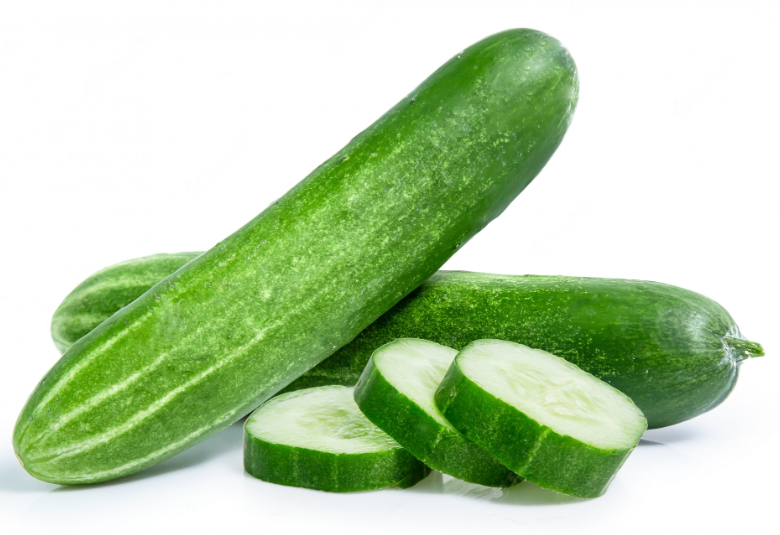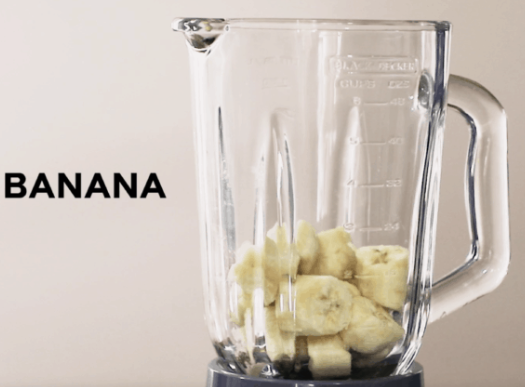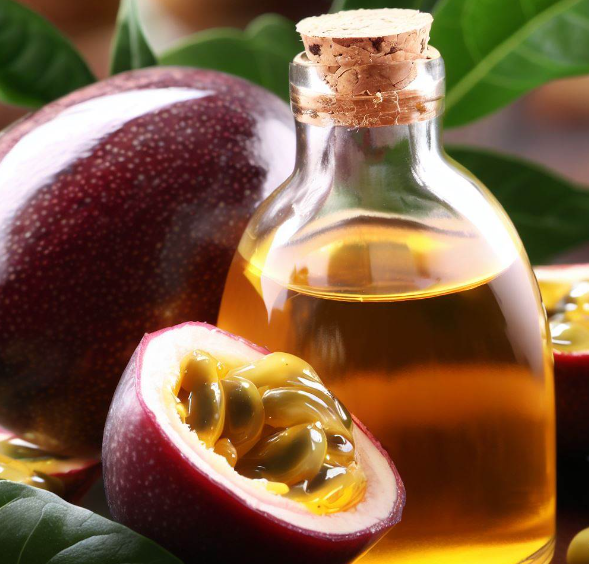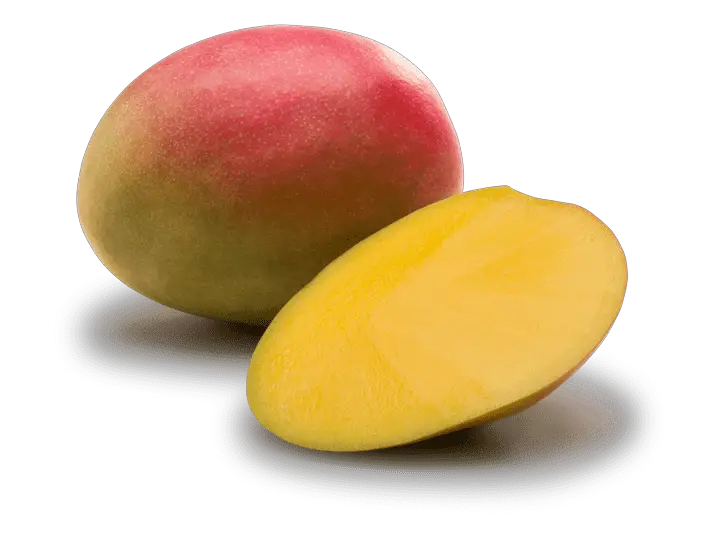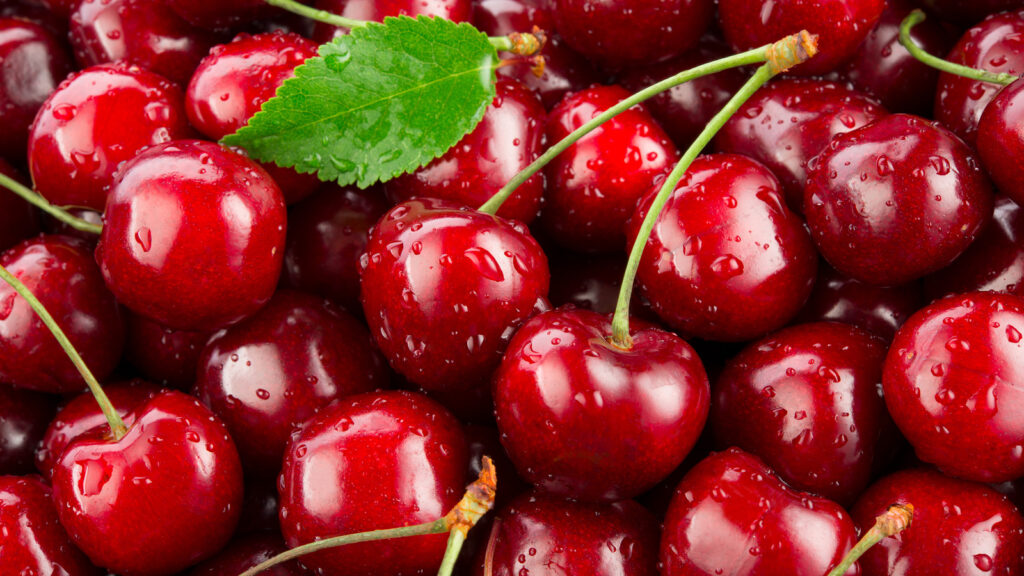It’s not always easy to eat healthy. We have busy lives, sometimes it’s hard to find fresh food, and we have a lot of things to do. This makes it hard to eat enough fruits and vegetables every day.
Because of this, lots of people take fruit and vegetable pills. But do they actually help us?
Table of Contents
- What Are Fruit and Vegetable Pills?
- Good Things About Fruit and Vegetable Pills
- 1. They’re Handy
- 2. Full of Nutrients
- 3. Helps Your Immune System
- Things That Aren’t So Good About Fruit and Vegetable Pills
- 1. Missing Fiber
- 2. Not All the Nutrients
- 3. They Can Be Expensive
- How to Pick Good Fruit and Vegetable Pills
- 1. Read Everything Carefully
- 2. Check for Safety
- 3. Take the Right Amount
- Other Ways to Get Your Fruits and Veggies
- 1. Pick Fresh or Frozen
- 2. Make Juices or Smoothies
- 3. Go for Nutrient-Rich Snacks
- Why Whole Foods Matter
- So, Do Fruit And Vegetable Pills Help?
What Are Fruit and Vegetable Pills?
Fruit and vegetable pills are types of food supplements that try to give you lots of nutrients from fruits and vegetables in a small, easy form.
You can find these in different shapes, like capsules, powder or liquid. They’re supposed to give you the same good stuff as actually eating fruits and vegetables, but in a form that’s easy to take with you and use wherever you are.
Good Things About Fruit and Vegetable Pills
1. They’re Handy
Fruit and vegetable pills are super convenient. If it’s hard for you to eat fruits and veggies regularly, these pills can be a quick fix. They’re easy to carry around and you can take them when you’re away from home or too busy.
2. Full of Nutrients
These pills can be packed with vitamins, minerals, and antioxidants. They usually have things like vitamin C, vitamin A, folate, and potassium which are all important for your body and usually come from fruits and vegetables.
They may be especially helpful for people who can’t eat certain foods or have trouble getting nutrients from their meals.
3. Helps Your Immune System
Fruits and veggies help your immune system stay strong. Fruit and vegetable pills can do this too because they have lots of antioxidants. Antioxidants fight off bad things in your body called free radicals, which helps you not get sick.
Things That Aren’t So Good About Fruit and Vegetable Pills
1. Missing Fiber
A big problem with these pills is that they don’t have much fiber. Fiber is really important for helping your stomach digest food, keeping your blood sugar steady, and keeping your heart healthy. Real fruits and veggies have lots of fiber, but the pills don’t.
2. Not All the Nutrients
Even though the pills have some nutrients, they can’t give you all the different vitamins and stuff that actual fruits and vegetables can. When you eat the real thing, you get a bunch of nutrients that all work together to help you be healthy. Pills can’t always do that as well.
3. They Can Be Expensive
Pills can also cost a lot, especially if you want good ones that have been tested to make sure they’re safe and work well. Cheap ones might not help much and could even have things in them that aren’t good for you.
How to Pick Good Fruit and Vegetable Pills
If you decide to use fruit and vegetable pills, it’s important to choose wisely. Here is some advice:
1. Read Everything Carefully
Look at what’s on the bottle. Make sure the pills have good ingredients and nothing bad like extra stuff you don’t need. Try to find pills that use lots of different fruits and veggies so you get more types of nutrients.
2. Check for Safety
Choose pills that have been checked by others to make sure they’re safe. Look for badges from NSF International, USP, or ConsumerLab.com. These mean the pills meet high safety standards.
3. Take the Right Amount
Don’t take more pills than what the bottle says. Too much might not be good for you. Talk to a doctor or someone who knows a lot about health before you start taking them.
Other Ways to Get Your Fruits and Veggies
There are other ways to get your fruits and veggies besides pills:
1. Pick Fresh or Frozen
Try to get fresh or frozen produce when you can. They have more kinds of nutrients and fiber. Plus, eating them is a nicer experience.
2. Make Juices or Smoothies
You can also drink your fruits and veggies. Make fresh juice or blend them into smoothies. Just don’t forget that these might not have as much fiber as eating the whole fruit or vegetable.
3. Go for Nutrient-Rich Snacks
Add foods to your meals that have lots of nutrients. Things like dark green veggies, berries, oranges, and other colorful plants are great choices. They give you a bunch of good vitamins and stuff to help keep you healthy.
Why Whole Foods Matter
Even though fruit and vegetable pills can help, it’s best not to stop eating actual fruits and veggies. They have lots of nutrients, fiber, and special plant chemicals that all work together to keep you feeling good. Try to eat different kinds of fresh foods so you get all the benefits.
So, Do Fruit And Vegetable Pills Help?
Yes, fruit and vegetable pills can give you some important nutrients in a quick and easy way, but they’re not the same as eating the real thing. They’re good to use sometimes, but the best thing for your health is to eat plenty of fresh fruits and vegetables.
These pills can help if you’re not eating enough fruits and veggies. They have a bunch of the good things your body needs and can help in some ways.
Remember, though, that they don’t have everything that whole foods have. They’re a nice extra, not a replacement for a diet full of fresh produce.
